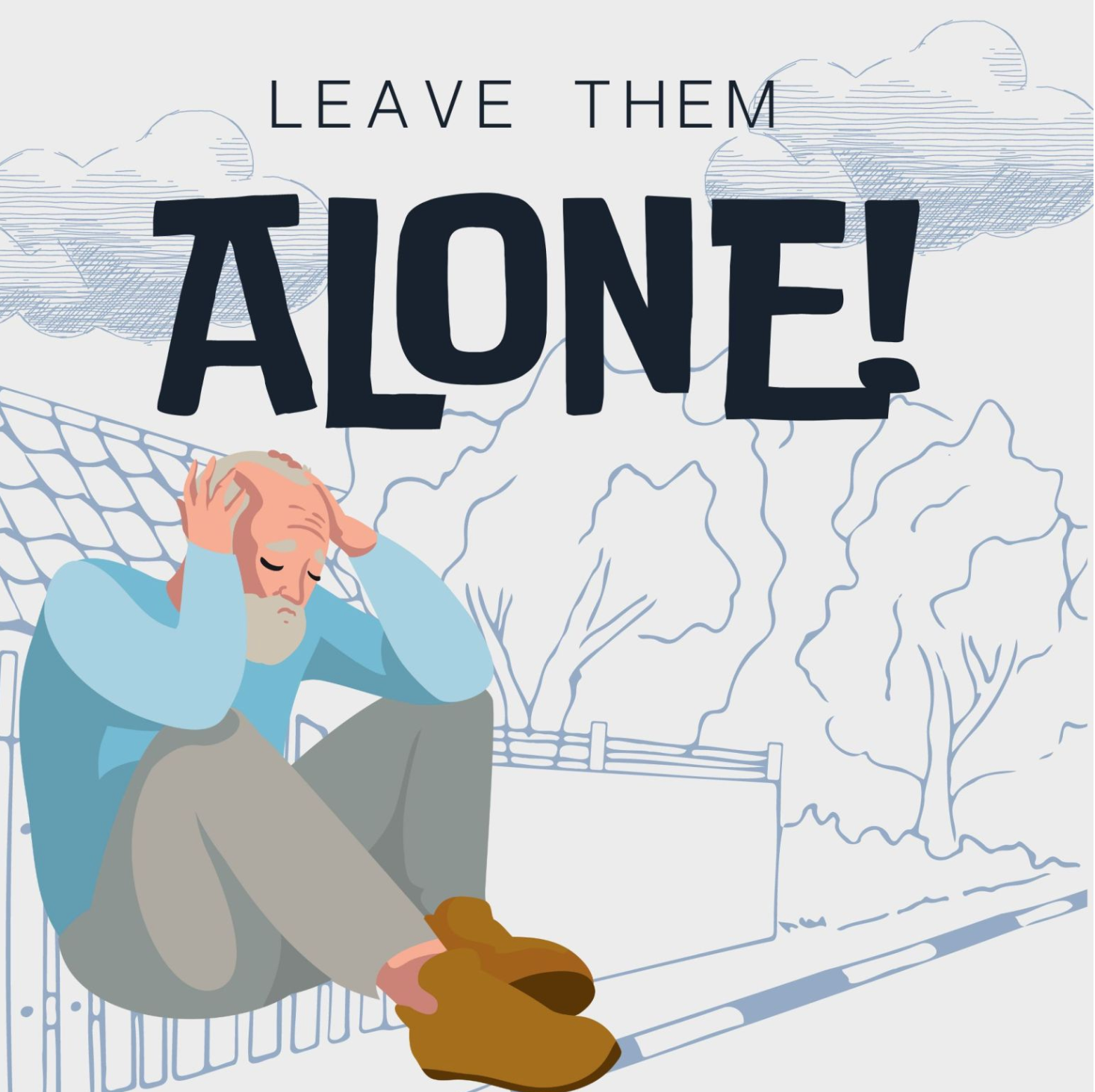When caring for a loved one with dementia, it’s natural to want to keep them busy. We often worry that too much quiet or inactivity might lead to boredom or loneliness. But sometimes, that worry has more to do with our discomfort with stillness than theirs.
The truth is, people with dementia are often more sensitive to their surroundings than we realize. They can experience sensory overload, where everyday sights, sounds, and activities become too much to process. Bright lights, background noise, conversations happening at once, or even just a fast-paced routine can lead to feelings of anxiety, confusion, or restlessness. What might seem like “helpful stimulation” to us can actually overwhelm their senses.
That’s why quiet moments matter. Sitting together in a calm space, listening to gentle music, or just watching the trees outside can be more soothing than a full day of scheduled activities. It doesn’t always have to be about doing—sometimes, simply being is enough.
Rest is also incredibly important. People with dementia often need more downtime than we expect. Don’t feel guilty if your loved one naps often or prefers to sit quietly. Their body and brain are working harder than we can see. Pay attention to subtle cues—blank stares, fidgeting, or irritability might be signs that they’re overstimulated and need a break.
In the end, yes, engaging activities are valuable—but so is balance. In dementia care, calm and quiet are not empty—they’re restorative. Sometimes, doing less is actually doing more.





